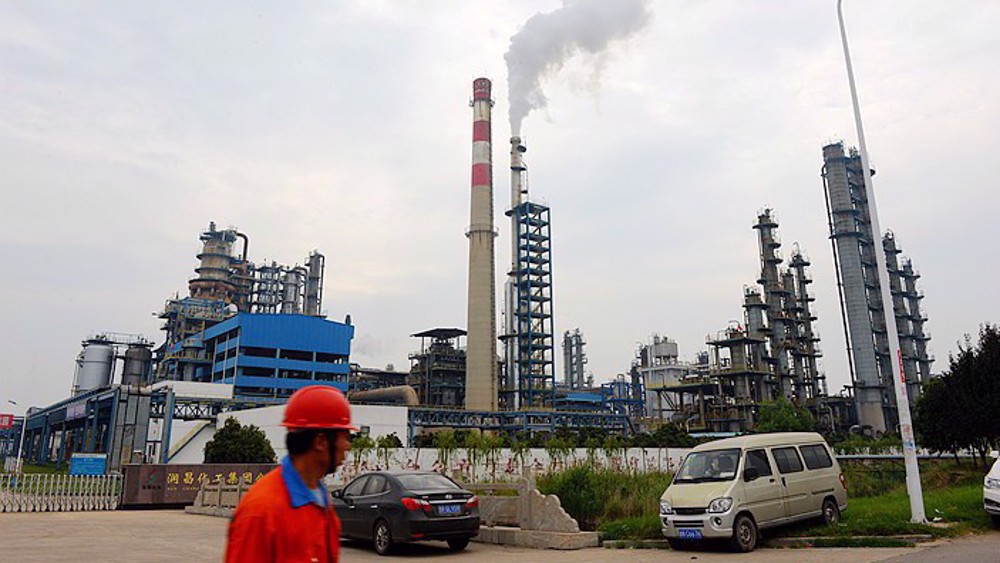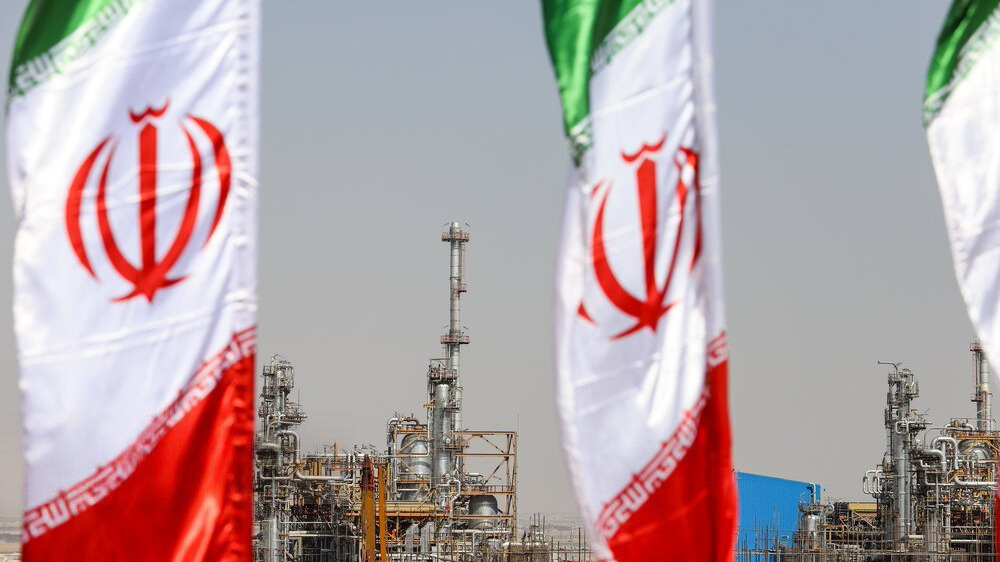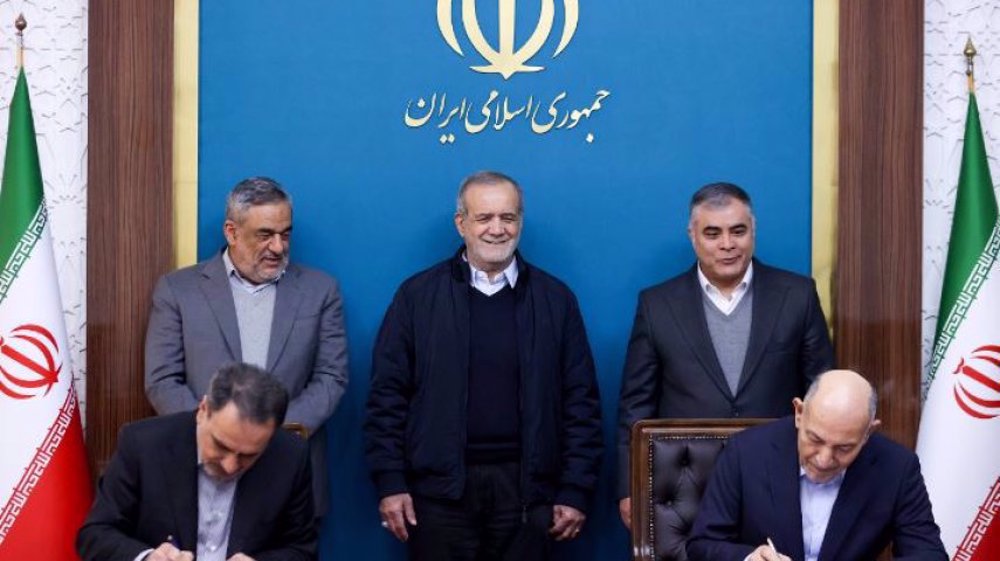China's imports of Iranian oil hit record high since 2018 sanctions
China's imports of Iranian crude oil last year hit a record high since the US imposed sanctions on the Islamic Republic in 2018 with the aim of bringing the country's oil sales down to zero, Bloomberg reports.
Chinese refiners brushed off the risk of the sanctions to take in 324 million barrels from Iran and Venezuela in 2021, about 53% more than the year before, data from market intelligence firm Kpler cited by the news provider showed.
"That’s the most since 2018, when China took 352 million barrels from the two nations," it added.
According to Braemar and industry consultant Energy Aspects Ltd, Chinese imports of sanctioned crude should stay elevated around current levels early this year.
China's private refiners are main customers of Iran's floating oil cargoes through spot purchases. Crude from Iran stored in tankers offshore Asia is an attractive option given that it can be delivered quickly. There are millions of barrels of crude floating off China and around Singapore and Malaysia that include Iranian oil.
Rising crude prices have incentivized the private refiners, known as teapots, to snap up more oil from Iran and Venezuela without worrying about the risk of the sanctions because they don't have US-based businesses and do not need the American financial system for trade.
Oil markets are closely watching negotiations underway in Vienna between Iran and the remaining parties to an international nuclear agreement for a breakthrough to resume purchases from the country.
Petroleum Minister Javad Owji has said Iran will return to its pre-sanctions crude production level as soon as the US sanctions are removed. Petroleum ministry officials have said they are confident most output could be restored within a month.
On Sunday, head of National Iranian Oil Company (NIOC) Mohsen Khojastehmehr said the private sector is contributing greatly to the country’s current oil sales.
He said Iran's oil revenues have increased significantly over the past few months and the country has received the payment for all its crude oil sales since the new government administration.
“In the thirteenth government, part of the country’s lost oil markets has been revived and we have received the payment for all the oil we have sold so far,” Khojastehmehr said.
Why #Iran is in no rush in Vienna: "Crude processors in the world’s biggest importer were observed to have bought 324 million barrels from #Iran and #Venezuela in 2021, about 53% more than the year before..." #OOTThttps://t.co/ZrS7N3Vh6I
Oil swap with Venezuela
On Tuesday, a Reuters report said Iran has the chance of more oil swap with Venezuela which is resuming exports of diluted crude oil (DCO) for the first time in nine months.
US trade sanctions imposed on Venezuelan state-run oil firm PDVSA in 2019 had hurt its ability to produce exportable grades from its largest production region, the Orinoco Belt.
The extra heavy oil extracted from the Orinoco Belt has to be diluted with naphtha or condensate for transportation and exports. With international companies eschewing deals with Venezuelan oil, Iran has stepped in and struck swap arrangements with the South American which holds the world's largest supply of crude oil.
PDVSA has been receiving about 2.1 million barrels per month of condensate, a high-value light oil, in exchange for supplying NIOC with some 3.8 million barrels of its flagship Merey 16 crude.
Reuters on Tuesday cited an internal PDVSA schedule report showing that a Panama-flagged supertanker has loaded about 1.9 million barrels of DCO bound for Malaysia which is sometimes used to trans-ship Venezuelan crude bound for China.
The last time PDVSA had shipped DCO was in April, when it sent two cargoes to Asia, it said.
Shipping DCO to Asia could allow the resumption of the Venezuela-Iran swap, which was mostly fulfilled in the second half of last year before deliveries were paused in December, the news agency added.
VIDEO | Canadians preparing to hold more rallies in solidarity with Venezuela
VIDEO | Iranian national Mahdieh Esfandiari goes on trial for supporting Palestine
VIDEO | Italian farmers launch protest campaign against EU-Mercosur free trade deal
VIDEO | Trump’s Gaza ‘Board of Peace’ invitation sparks criticism in Pakistan
VIDEO | Iran, Iraq vow to deepen ties, hail US exit
Araghchi slams World Economic Forum for canceling his invitation
Iran condemns Argentina’s unfounded accusations against IRGC
VIDEO | Fighting British state












 This makes it easy to access the Press TV website
This makes it easy to access the Press TV website